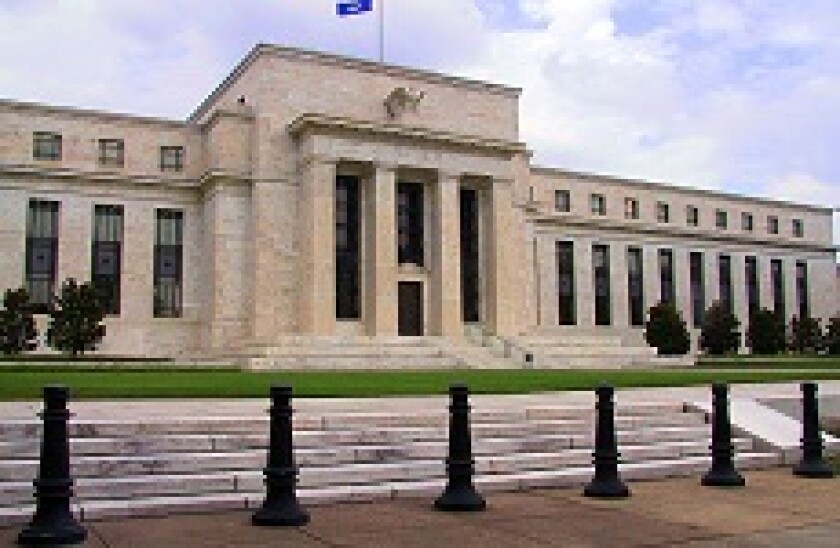The letter calls for a halt to all international negotiations the central bank is conducting and seems to overstep congressional oversight by a distance.
Quoting president Trump’s campaign pledge to “put America first” looks like an attempt by House Republicans to use his election victory as a conduit to fix some of their favourite pet peeves, such as the dismantling of international regulatory standards.
The naming of the Basel regulations in the letter as an example of a “binding” standard that is “burdening American business” is frankly ludicrous given they are considered universally to be a pro-American measure, and by European banks in particular.
The content of the letter however, is less important than its implications.
By attempting to bind the Fed to Trump's pledge, McHenry is calling into question its authority to act independently.
His suggestion that the Fed’s negotiations should aim to achieve Trump’s objectives would hamstring it as a credible independent financial steward and turn it into a political vehicle.
Such an undertaking would damage the US economy and damage the Fed’s standing around the globe and prevent it from taking often vital action that is politically unpopular.
Central bank independence is critical to a functioning economy and while the McHenry letter has not brought that to a close in the US, it represents the first steps to tie the Fed to the new president.
Last November Yellen told Congress that central banks not being independent generally led to “terrible outcomes”. Republicans would do well to heed that advice.

